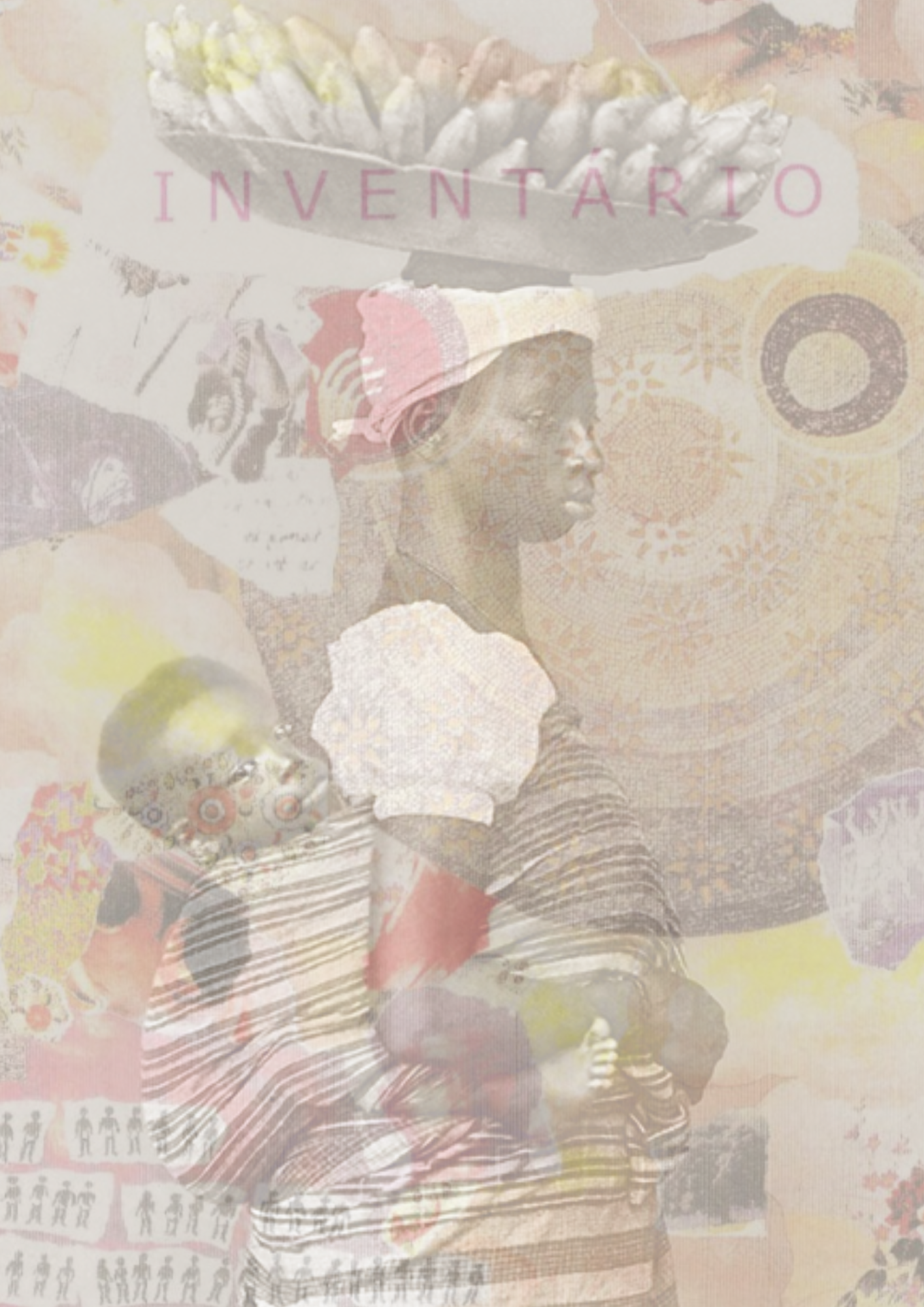A MATERNIDADE NEGRA LGBT EM MATA DOCE, DE LUCIANY APARECIDA
Keywords:
Mata doce, Maternidade LGBT, Luciany AparecidaAbstract
Mata doce (2023) is the first novel by Bahian Luciany Aparecida, already recognized in the literary scene for her short stories and poetry. The novel has as its protagonist Maria Teresa, who lives with her mothers in an old family mansion, founded by the matriarch Eustáquia da Vazante, a brave woman who had fled slavery and had taken refuge in that place, building the mansion and founding the village of Mata Doce along with all those who arrived there on the run and sought support in the woman for her strength. In the narrative, we follow from the arrival of Filinha, as Maria Teresa is also called, to her end, in a non-linear story full of exciting events. Mata doce is a powerful story with many cruel acts of white and greedy men like the infamous Colonel Amâncio, but also of great tenderness, love and poetry like those experienced by the women of the lajedo, Filinha's mothers: the teacher Mariinha and the transvestite Tuninha. The present work aims to carry out an interpretative analysis of black and LGBT motherhood represented in the novel, through a bibliographic review in the light of theoretical concepts such as those of Bento (2017), Baia (2021), Baracat (2021), Bastos (2021), Collins (2019), Maux (2010) and Zambrano (2005). Seeking to carry out a reflective and critical analysis of this powerful work of national contemporary fiction literature that brings essential themes to be debated today, also making the work better known by critics and the public.
Downloads
References
APARECIDA, Luciany. Mata Doce. Rio de Janeiro: Alfaguara, 2023.
BAIA, Luara Puala Vieira. Maternidade tem cor?: narrativas de mulheres negras sobre maternidade. Curitiba: Appris, 2021.
BARACAT, Annie. Adotei. In: Várias autoras. Maternidades no plural: retratos de diferentes formas de maternar. São Paulo: Fontanar, 2021.
BASTOS, Deh. Me tornei mãe e renasci como mulher preta. In: Várias autoras. Maternidades no plural: retratos de diferentes formas de maternar. São Paulo: Fontanar, 2021.
BENTO, Berenice. Transviad@s: gênero, sexualidade e direitos humanos. Salvador: EDUFBA, 2017.
COAD. Adoção: exigência quanto ao perfil da criança é o principal entrave. Disponível em: https://www.jusbrasil.com.br/noticias/adocao-exigencia-quanto-ao-perfil-da-crianca-e-o-principal-entrave/2999101 Acesso em: 18 sep. 2024.
COLLINS, Patricia Hill. Pensamento feminista negro: conhecimento, consciência e a política do empoderamento. Tradução de Jamille Pinheiro Dias. São Paulo: Boitempo, 2019.
DOMINGUES, P. O mito da democracia racial e a mestiçagem no Brasil (1889-1930). Diálogos Latinoamericanos, [S. l.], v. 6, n. 10, p. 16, 2005. DOI: 10.7146/dl.v6i10.113653. Disponível em: https://tidsskrift.dk/dialogos/article/view/113653. Acesso em: 18 sep. 2024.
HALBERSTAM, Jack. A arte queer do fracasso. Recife: Cepe, 2020
MAUX, Ana Andréa Barbosa; DUTRA, Elza. A adoção no Brasil: algumas reflexões. Estudos e Pesquisas em Psicologia, [S. l.], v. 10, n. 2, p. 356–372, 2010. DOI: 10.12957/epp.2010.8959. Disponível em: https://www.e-publicacoes.uerj.br/revispsi/article/view/8959. Acesso em: 19 set. 2024.
MOURA, Bruno de Freitas. Maior presença de negros no país reflete reconhecimento racial. Rio de Janeiro: Agência Brasil, 2023. Disponível em: https://agenciabrasil.ebc.com.br/geral/noticia/2023-12/maior-presenca-de-negros-no-pais-reflete-reconhecimento-racial Acesso em: 18 sep. 2024.
MORAGAS, Vicente Junqueira. O que é interseccionalidade?. Brasília: TJDFT, 2023. Disponível em: https://www.tjdft.jus.br/acessibilidade/publicacoes/sementes-da-equidade/o-que-e-interseccionalidade Acesso em: 18 sep. 2024.
NUNES, Caroline. Seis em cada dez adotantes buscam por crianças brancas no Brasil. Disponível em: https://www.terra.com.br/nos/seis-em-cada-dez-adotantes-buscam-por-criancas-brancas-no-brasil,68dc51313503461baf20e53d99ae3a0adn48n13n.html?utm_source=clipboard Acesso em: 18 set. 2024.
SERPA, Verônica. Crianças brancas são preferência nos processos de adoção, diz levantamento. São Paulo: Alma preta, 2024. Disponível em: https://almapreta.com.br/sessao/cotidiano/criancas-brancas-sao-preferencia-nos-processos-de-adocao-diz-levantamento/ Acesso em: 18 sep. 2024.
ZAMBRANO, E. Parentalidades "impensáveis": pais/mães homossexuais, travestis e transexuais. Horizontes Antropológicos, v. 12, n. 26, p. 123–147, jul. 2006.







